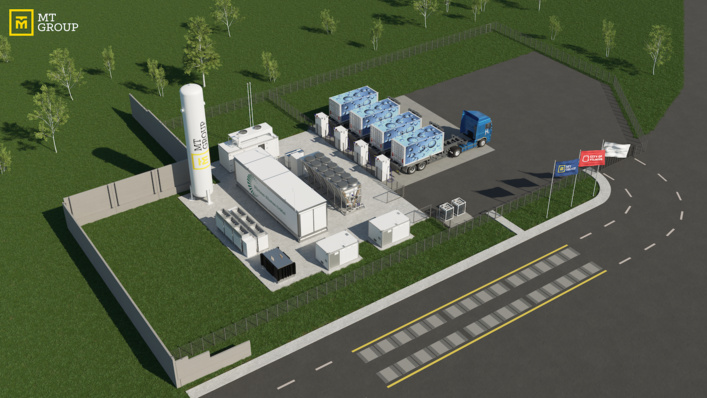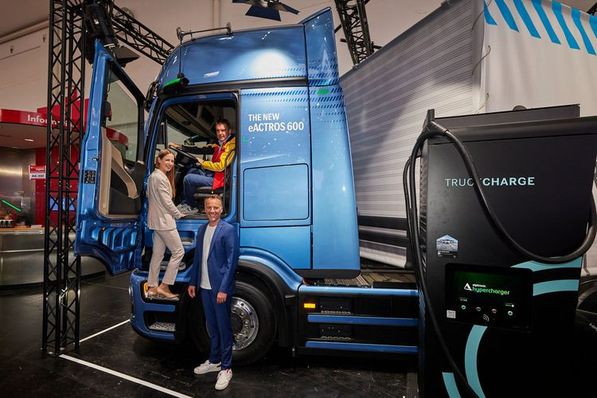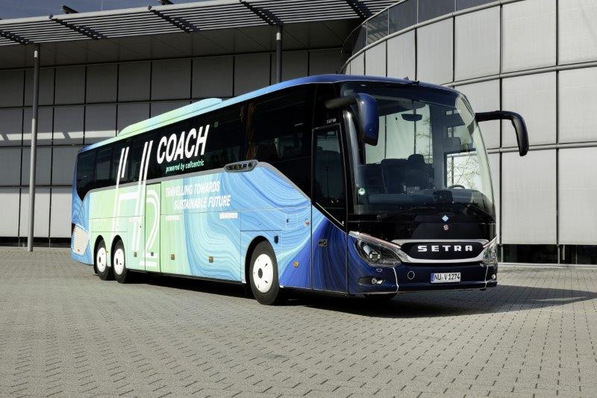The Chair of Production Engineering of E-Mobility Components (PEM) at RWTH Aachen University has published a comprehensive techno-economic assessment of trucks with battery-electric and fuel cell-electric drivetrains. The results were published in the journal Transportation Research Interdisciplinary Perspectives. The study compares the operational flexibility, infrastructure access, and operating costs of fuel cell trucks with battery-electric trucks in realistic application scenarios. The comparisons are highly specific to particular models and scenarios.
According to PEM Chair Professor Achim Kampker, there is no universal solution for zero-emission heavy-duty transport: “The respective cost-effectiveness strongly depends on the usage profile, the available infrastructure, and the level of technological maturity.” The study shows that fuel cell trucks offer a very high range. However, study author Maximilian Bayerlein emphasizes: “They are currently unable to capitalize on this unique selling point due to the considerable hydrogen prices and the sparse infrastructure.” Using maps, the study also shows which routes still have gaps in the refueling infrastructure.
Fuel cell trucks retain advantages in long-haul operations and refueling time
The study highlights that fuel cell trucks offer advantages in refueling time, especially in long-haul transport with high daily mileage. Regarding the range of battery-electric trucks, the authors point out that this is often not fully utilized in order to remain within the fast-charging range of the battery between 20 and 80 percent.
Fuel cell drivetrains are therefore particularly advantageous for long-distance applications. For longer distances, the operating costs of fuel cell trucks approach those of battery-electric trucks, but remain higher due to the high hydrogen prices. If a large annual mileage is made up of many short trips, the calculation shifts in favor of the battery.
Professor Kampker explains: “Energy costs for electricity and hydrogen have the greatest impact on the costs of both technologies. If hydrogen prices fall, however, fuel cell trucks could become economically competitive.” The study concludes that operating hydrogen trucks in Central Europe is fundamentally feasible. The authors see a new generation of fuel cell trucks with greater range and improved efficiency on the verge of market launch.
Comparison of current and announced models
For the study, all fuel cell truck models available or announced as of early 2024 were analyzed in terms of operability and operating costs and compared with selected battery-electric trucks. Various application scenarios were simulated, and the required range was considered within the European infrastructure and cost framework. The calculations included energy costs, vehicle usage, and infrastructure availability.
The PEM Chair at RWTH Aachen University was founded in 2014 by Professor Achim Kampker. The team focuses on the development, production, and testing of battery systems, electric motors, and hydrogen technologies.









